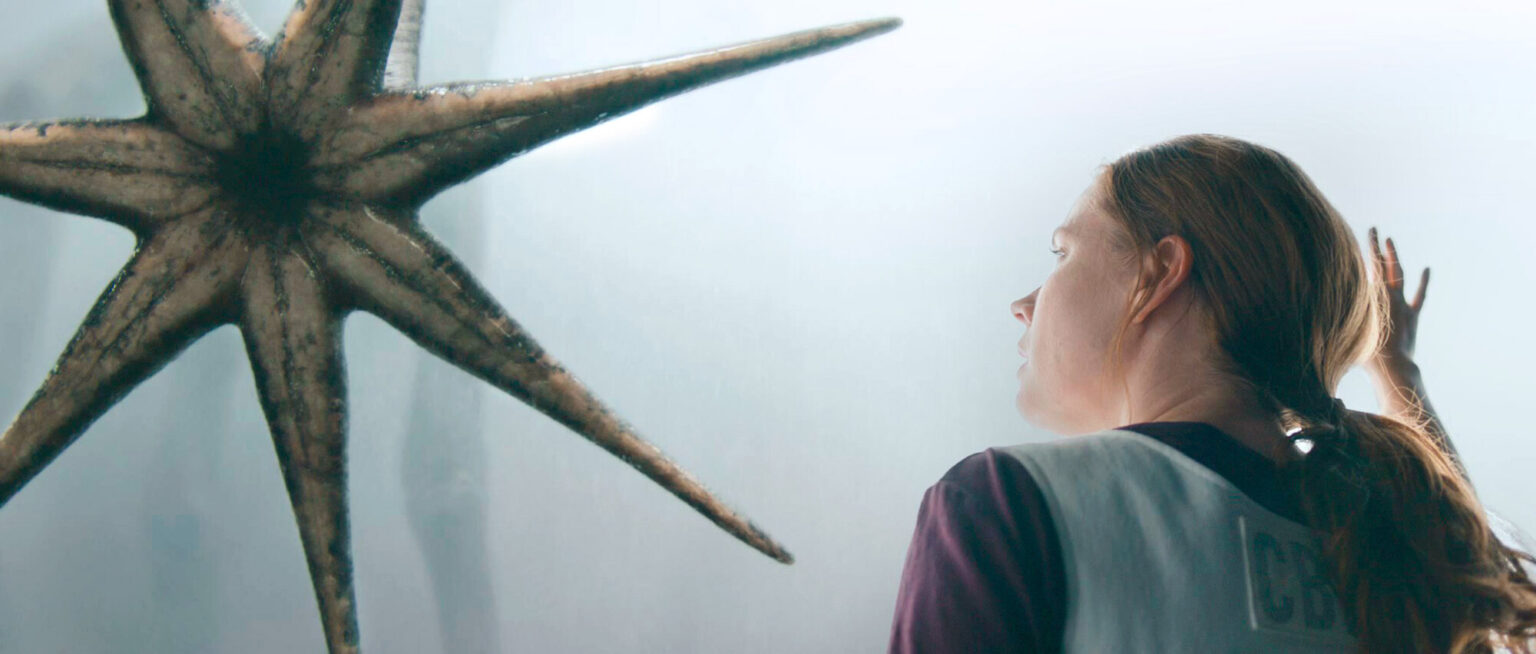
Are aliens real? If they are, they might be extremely intelligent
Most astronomers like to remind alien hunters that in the event humans do discover concrete proof of life from another planet (or moon, or asteroid) that our “first contact” will likely be with microscopic organisms, perhaps even single-celled organisms.
For many, this reminder is an underwhelming revelation after pondering what humanity’s future could look like if met with more complicated species that equal or rival our own cognitive abilities. However, there’s another theory that has been thrown around on & off for years.
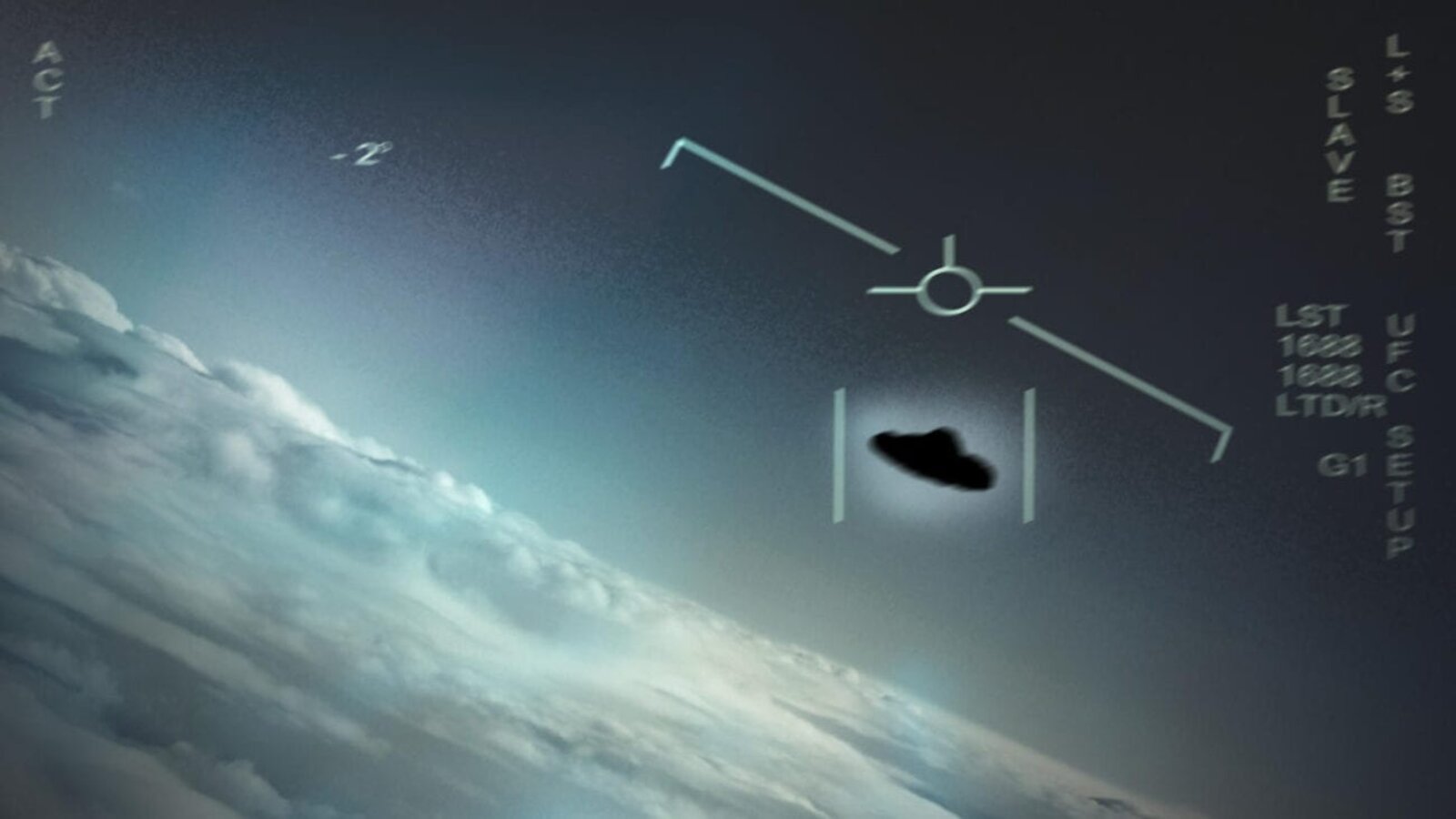
Humans don’t currently have the ability for viable interstellar travel. If we did encounter real extraterrestrial life, then odds are it’s because they came to us. This means these aliens would likely be far more technologically advanced and would have existed for a longer period of time. These two things together would essentially make them smarter than us.
This would be a somewhat concerning turn of events, depending on how bad the discrepancy between our civilizations. Recently, professor of philosophy Susan Schneider has thrown out her own theory. While she isn’t a scientist, it’s essentially her job to consider “what if” all the time.
Schneider’s latest “what if” question essentially asks whether real extraterrestrial life is so far advanced – beyond, perhaps, even our own comprehension – that they’ve just left us alone. She compares humans & goldfish – in this analogy humans are the goldfish and aliens are the people.
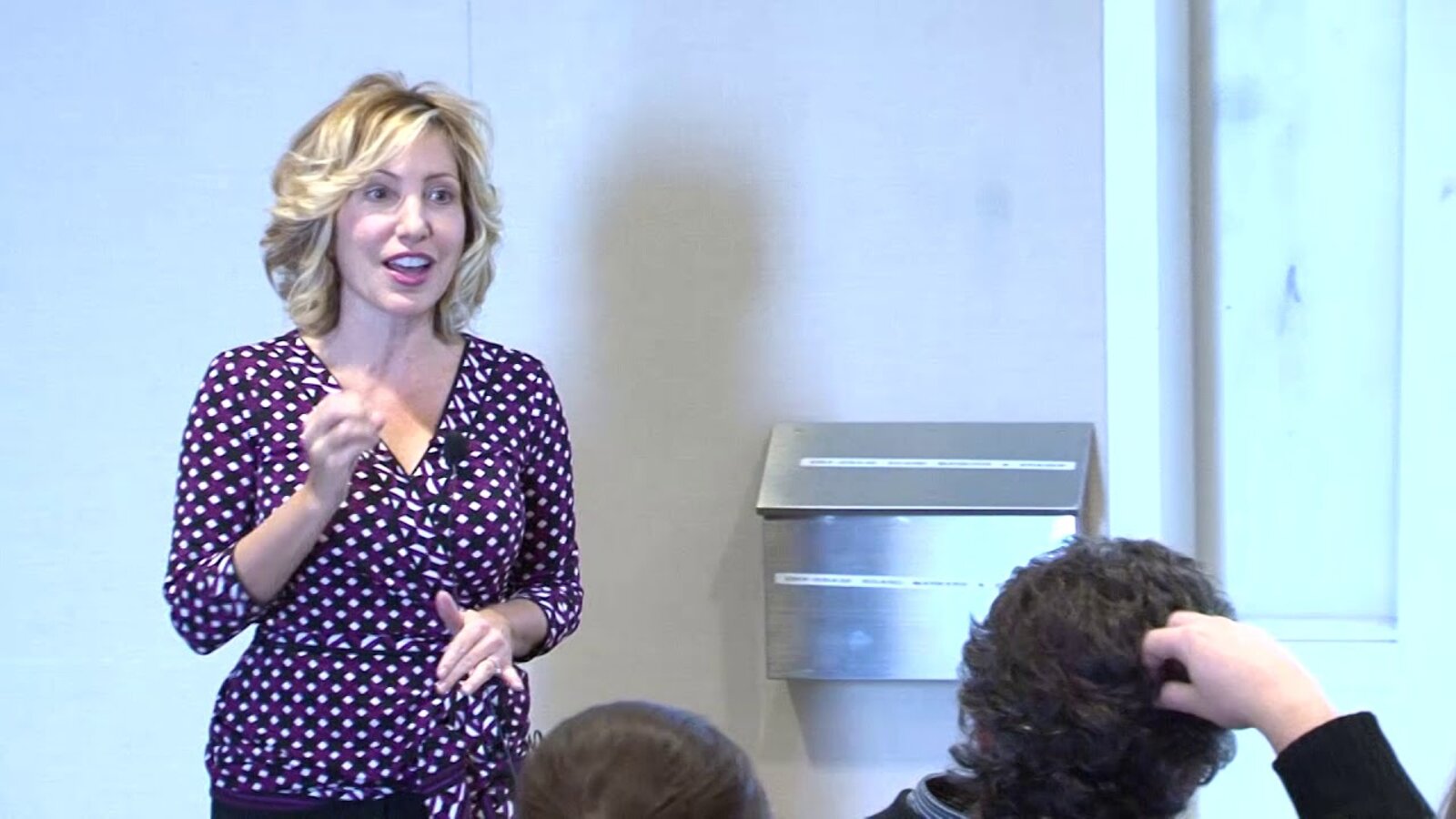
Her theory posits that alien life could be waiting for us to become more intelligent and thus actually worth their time. To borrow a phrase from Star Trek, Schneider says it’s possible there’s even a “prime directive against bothering so low level species and who knows, maybe they are waiting for us to evolve into something else”.
So what would space aliens be waiting for humans to evolve into? Susan Schneider thinks it comes down to artificial intelligence. She seems to believe it’s a natural step in the evolution of intelligent life. “The intelligence gap between us and a civilization on the order of 50,000 years older than us, and that is now no longer biological even, is going to be huge, so why would they find us interesting?”
Schneider posits that as technology advances humans will become less human and more machine and she seems to think it’s possible super intelligent aliens could have already done this.

“I actually think that we could augment the brain to become far more intelligent than we are now and I also think AI could eventually outthink us”. The theory then turns from hypothetical questions about whether real highly intelligent aliens are watching Earth the same way we watch a fish tank in a waiting room, to warnings about the possibilities of artificial intelligence.
Many well respected scientists & thinkers of our time have warned us over & over again of the potential dangers of creating AIs that are too smart. Even the late Stephen Hawking was cautious about the growing world of AI.
Schneider is quoted saying, “A superintelligence is, by definition, a hypothetical machine that outthinks us in every respect: scientific reasoning, social skills and more”.

Schnieder continues by explaining, “If superintelligent AI outthinks us, why believe it will adhere to our ethical values? It may formulate its own goals or interpret our goals in perversely literal ways that turn out to be harmful to us. This problem is called the control problem”.
The concern Schneider brings up probably sounds exactly like a dozen different sci-fi movies you’ve already watched – but those movies exist specifically because this is a very real concern that many people have, especially notable names in the tech & science worlds such as Bill Gates & Elon Musk.
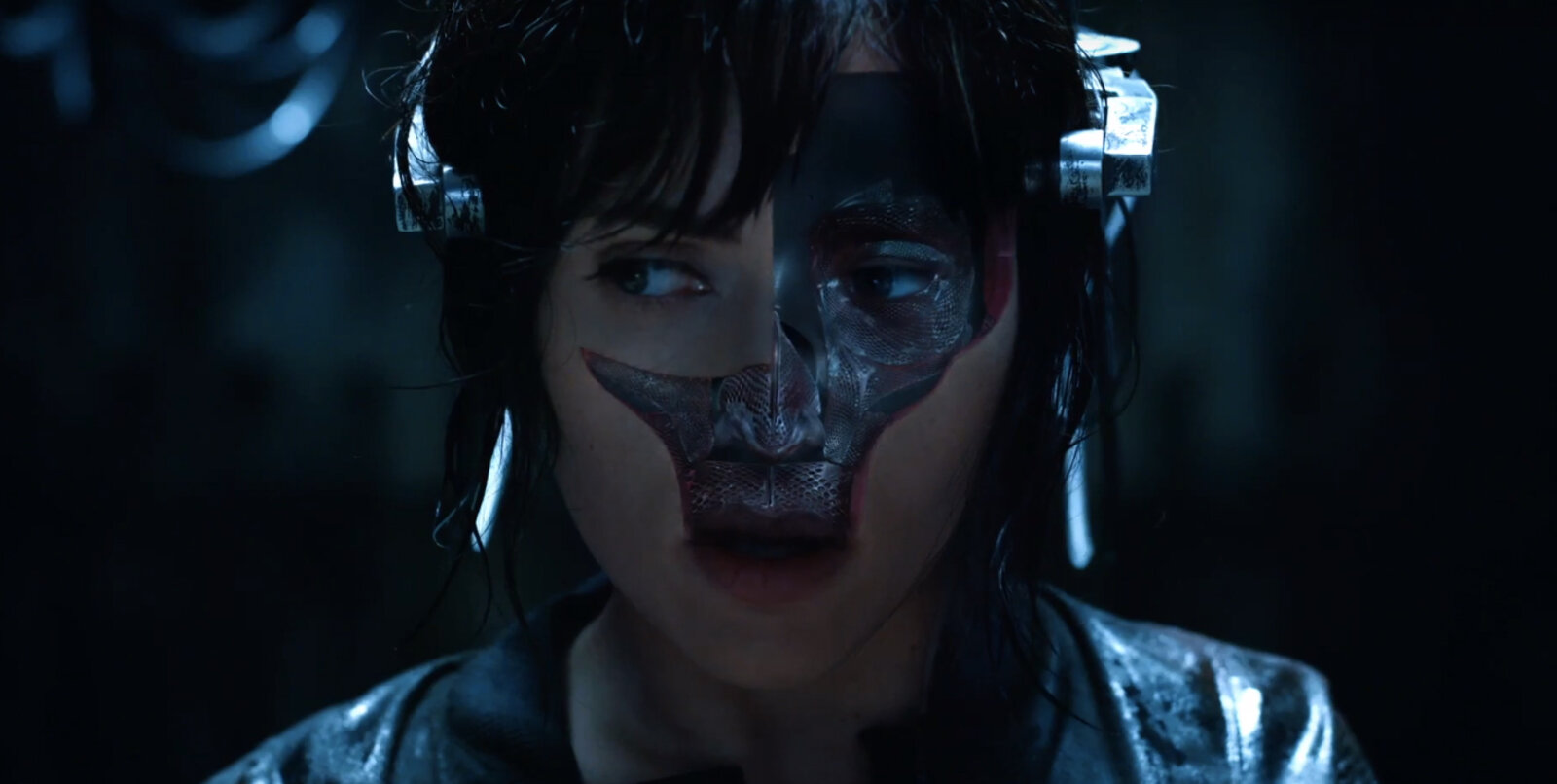
ETs who have spent 10,000s of years building planet-sized supercomputers won’t find our “low-level” brains interesting, said astrobiologist Susan Schneider.
She added super-intelligent ETs may be “unrecognisable” to humans until we make ourselves smarter by AI-powered implants, like Japanese cyberpunk film Ghost in the Shell which starred Scarlett Johansson in 2017.
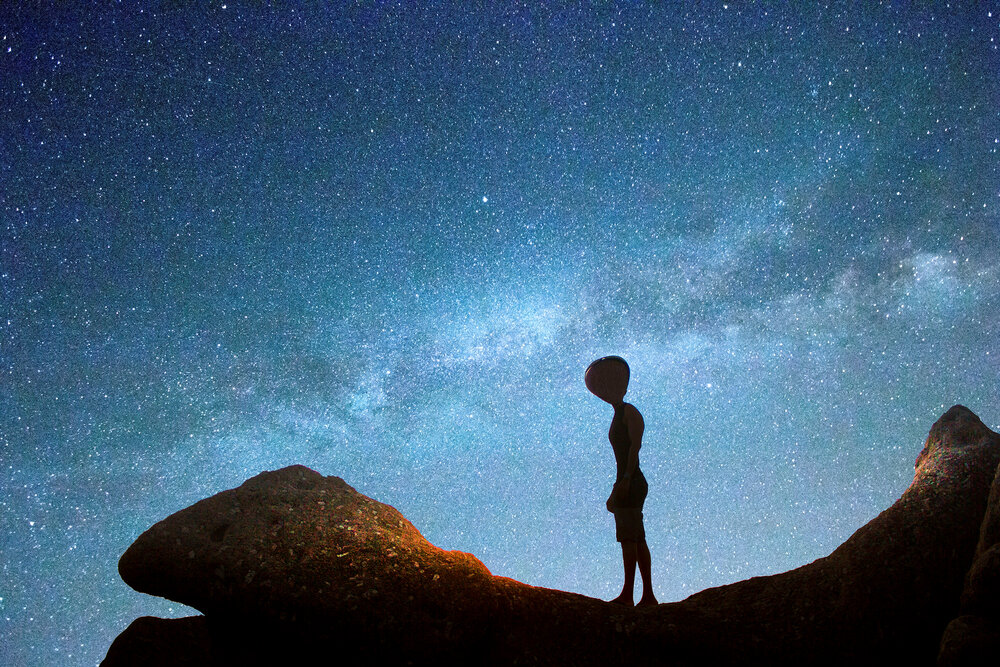
Compared ET to us as us to goldfish
Prof Schneider, of Florida Atlantic University, told NASA’s Gravity Assist podcast: “Do we really get interested in our goldfish?
“The intelligence gap between us and a civilization on the order of 50,000 years older than us and that is now no longer biological even is going to be huge, so why would they find us interesting?
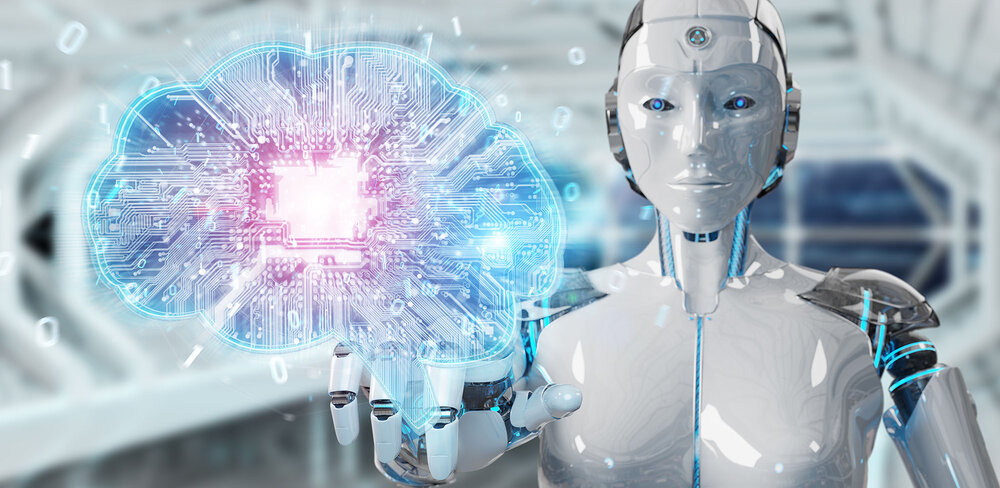
Making AI more intelligent than humans
She also warned against the rise of AI saying we could lose control of a “super-intelligent” beings smarter than us in “every dimension”
The public philosopher believes humans will build AI that will make our brains “far more intelligent”.

“People like Bill Gates, Elon Musk, Nick Bostrom, the list is very very long, the late Stephen Hawking, were all very very worried about how to control AI that reaches human level and then surpasses us, becoming what they call super-intelligent, which is by definition a hypothetical form of intelligence which outthinks humans in every dimension.
“Until we get a handle on the control problem we have to bear in mind if we use too general of AI, too sophisticated AI we have to make sure that we use it safely whether here or in outer space.”



